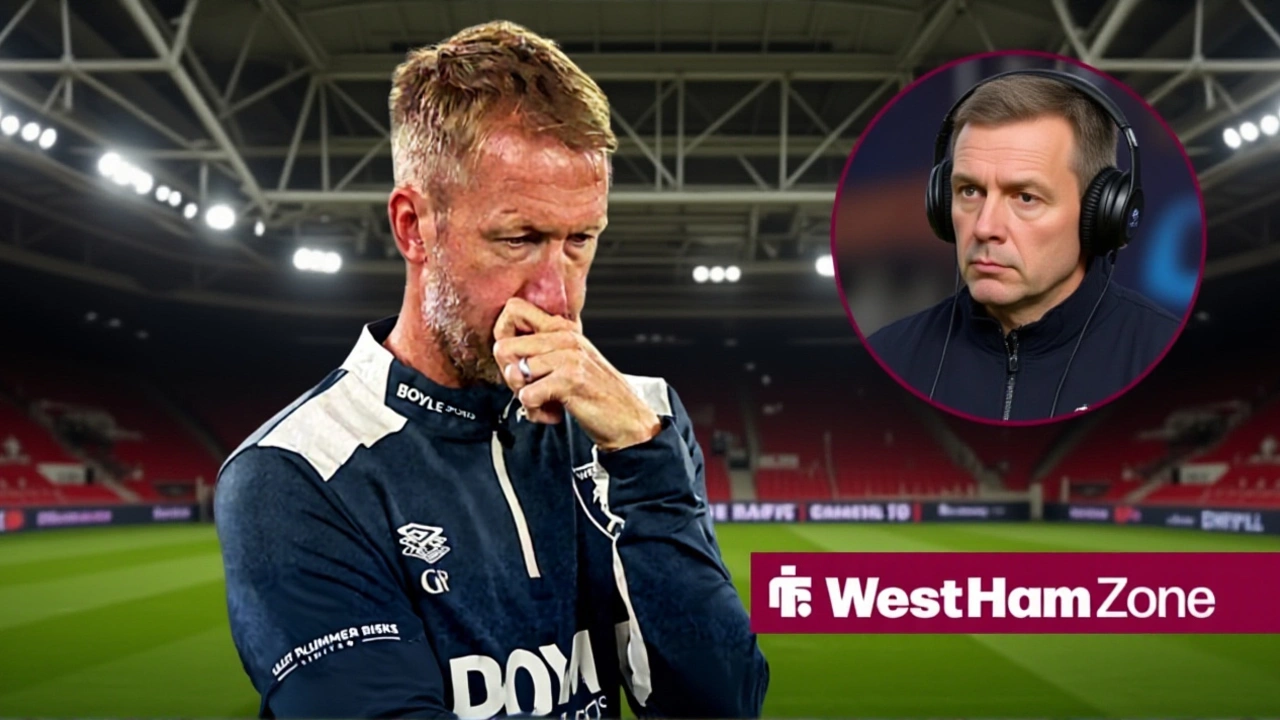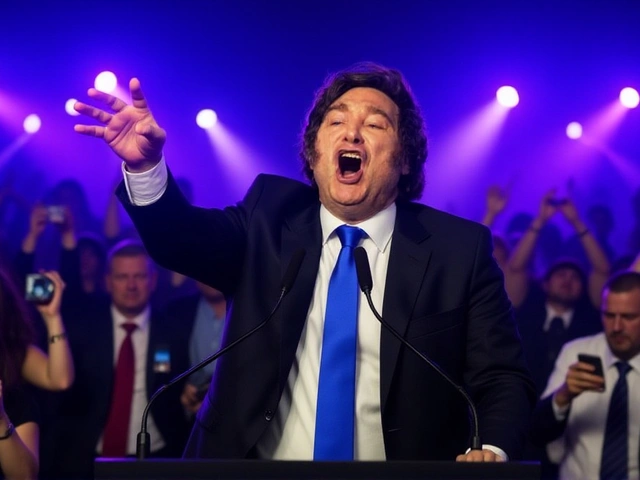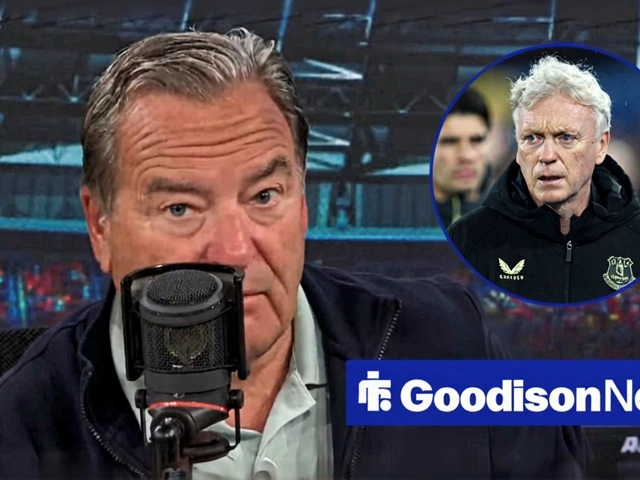When Graham Potter received a call from Karren Brady, Club President of West Ham United, his day at the Rush Green Training Ground turned into a career‑changing moment. The phone conversation, which took place on 13 October 2024 as Potter was en route to a first‑team session, confirmed what many supporters had whispered for weeks – the manager was out.
The news hit the headlines just 24 hours after Potter had finished a pre‑match press conference for the club’s Premier League clash with Everton at the London Stadium. By the next day, the club’s co‑owners, David Sullivan and David Gold, had already named Portuguese coach Nuno Espírito Santo as Potter’s successor, and he took charge of a 1‑1 draw with Everton on 14 October.
Background to the sacking
Potter arrived at West Ham on 22 December 2023 with a reputation for progressive, possession‑based football. The club’s board publicly backed the 50‑year‑old English manager, even after a wave of fan‑led “no‑confidence” letters on 28 September 2024. In that letter, supporters cited the team’s three straight home defeats in the 2024‑25 Premier League and a barren run of eight matches without a win at the London Stadium.
The club’s own statement, released after the dismissal, stressed that the decision was “in the best interest of the club’s immediate performance and long‑term vision.” Yet behind the press release, sources say internal data showed Potter’s side averaging just 0.8 points per game at home, well below the league average of 1.3.
What went wrong on the pitch
Statistical analysis from The Independent paints a stark picture. Across 112 Premier League appearances with Brighton, Chelsea and West Ham, Potter’s teams have scored a cumulative 41 goals – exactly 1.09 per match. At West Ham, the figures were even bleaker: the Hammers managed only 12 goals in 15 league games under his tenure, and their goal‑difference plummeted to –9.
Key signings such as Brazilian midfielder Lucas Paquetá (£55 million) and Ghanaian talent Mohammed Kudus (£35 million) failed to hit the expected levels. Paquetá, currently under FA investigation for betting breaches, struggled to find rhythm in Potter’s fluid system, while Kudus, who moved to Tottenham in August for £62.5 million, was often sidelined with injury.
Even the younger players didn’t flourish as hoped. Twenty‑year‑old midfielder Alfie Lewis and right‑back Lewis Gallup saw limited minutes, a point Stuart Pearce highlighted when he said Nuno’s track record with youth could be West Ham’s lifeline.
Immediate reaction from club hierarchy
In the aftermath, Stuart Pearce, former England defender and West Ham caretaker manager in 2004, told West Ham Zone that “I wouldn’t be surprised to see Potter head abroad after this spell.” Pearce, now a BBC Sport pundit, also praised Nuno’s ability to give academy graduates a chance.
David Sullivan had publicly offered Potter a deadline of 31 October to turn things around – a deadline that vanished as quickly as the manager’s phone call. Sources close to the board say the co‑owners were also influenced by the looming UEFA licensing review, which requires clubs to demonstrate stable managerial structures.
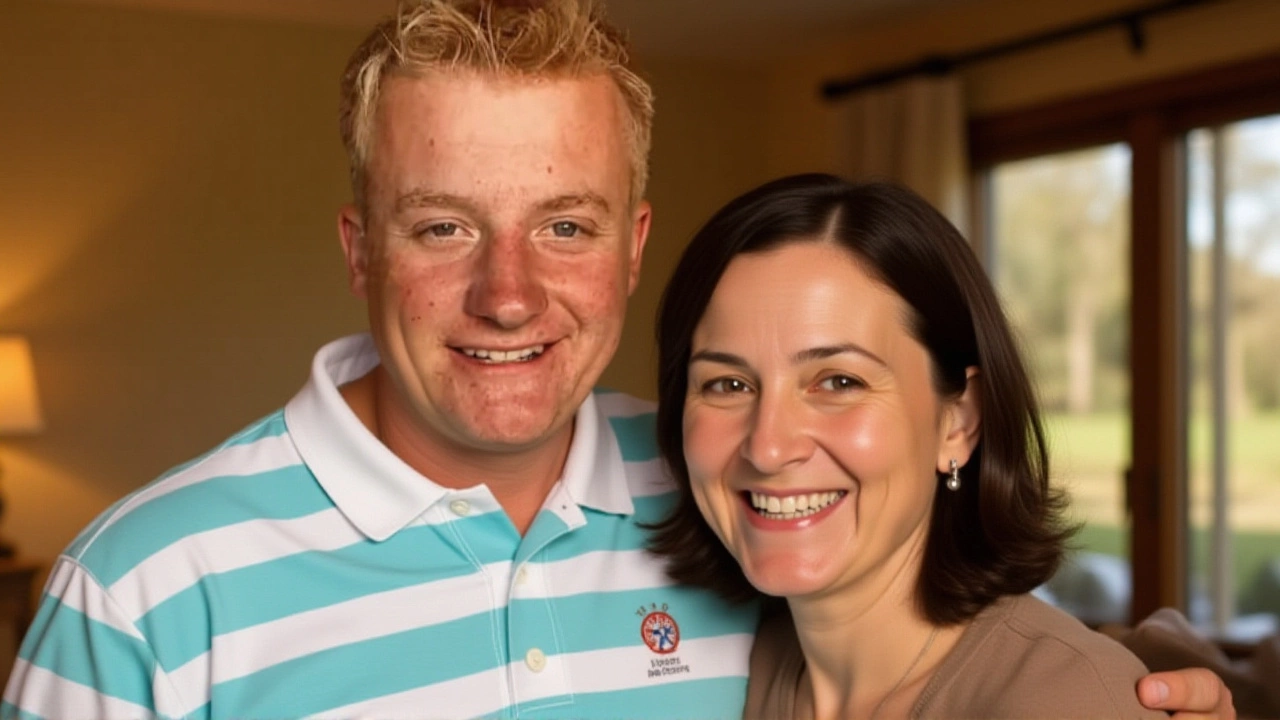
Who is Nuno Espírito Santo?
Before landing at the London Stadium, Nuno guided Wolverhampton Wanderers from 2017 to 2022, earning a reputation for nurturing young talent and deploying high‑pressing tactics. His stint at Tottenham (June 2023 – September 2024) ended abruptly after a series of mixed results, but he left a trail of promising academy graduates who broke into the first team.
Specialists note that Nuno’s preferred formation – a 3‑4‑3 that morphs into a 4‑2‑3‑1 in possession – could suit West Ham’s blend of pacey wingers and a solid defensive line. The club’s scouting department reportedly sees the appointment as a “reset button” for the 2024‑25 campaign.
What the future may hold for Potter and West Ham
For Potter, the next chapter is uncertain. Rumour mills in Spain and the Netherlands have already linked him with a vacant role at Athletic Bilbao, a club known for its emphasis on home‑grown talent – a tempting fit for Potter’s philosophy.
West Ham, meanwhile, faces a short‑term challenge: stabilising the squad ahead of the next fixture against Arsenal. The £127.5 million summer outlay, which included £37.5 million for French midfielder Konaté, now looks like a gamble that may not pay off this season.
Fans are divided. Some see Nuno’s arrival as a breath of fresh air, while others fear another period of instability. The club’s academy, however, could finally get its moment, courtesy of a manager who “gives youngsters a chance,” as Pearce put it.
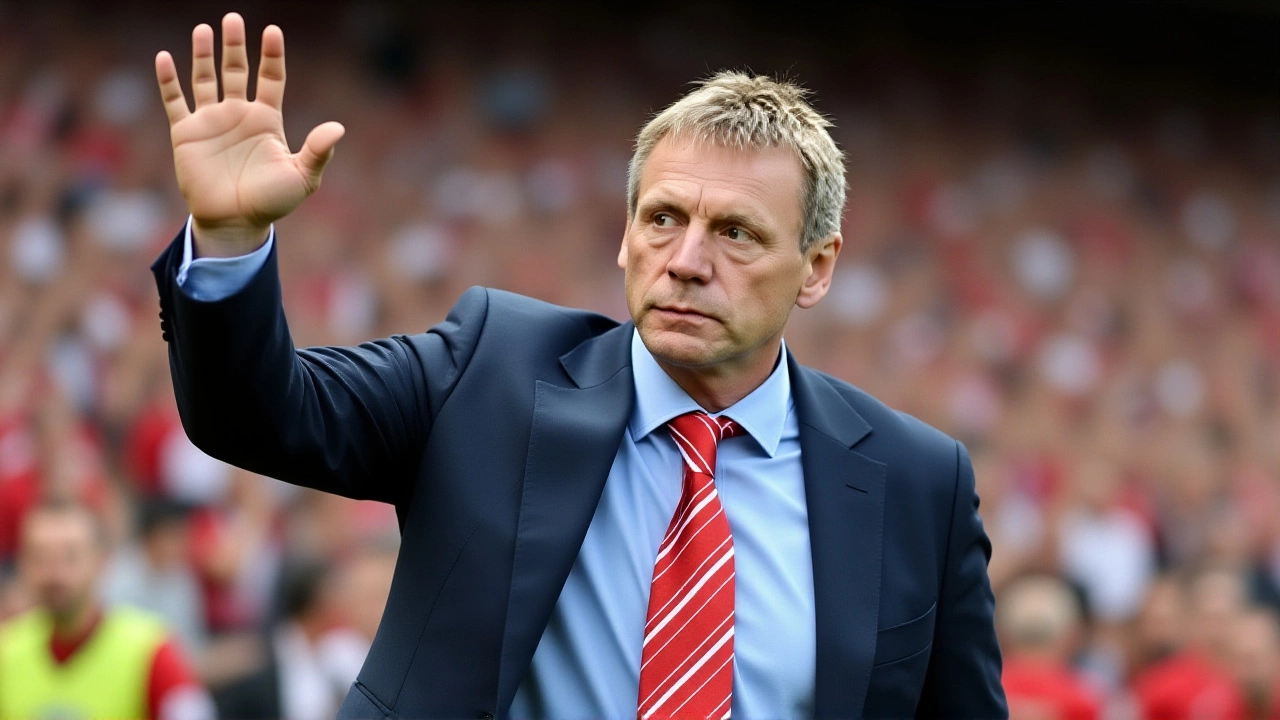
Key Facts
- Dismissal date: 13 October 2024
- Outgoing manager: Graham Potter (appointed 22 Dec 2023)
- Incoming manager: Nuno Espírito Santo (appointed 13 Oct 2024)
- Home defeats prior to sacking: 3 consecutive
- Average goals per game under Potter in PL: 1.09
Frequently Asked Questions
Why did West Ham fire Graham Potter so quickly?
The Hammers endured three straight home losses and hadn’t won at the London Stadium in eight matches. Combined with a low points‑per‑game ratio and fan pressure, the board felt a change was necessary to protect their £127.5 million investment in new players.
What does Nuno Espírito Santo bring to West Ham?
Nuno is known for developing academy talent and implementing high‑pressing, fluid systems. His previous spells at Wolves and Tottenham showed he can get the most out of limited budgets, which aligns with West Ham’s desire to rejuvenate a young squad.
How might Graham Potter’s career progress after leaving West Ham?
Industry insiders suggest he could be linked with clubs abroad, notably Athletic Bilbao, where his emphasis on home‑grown players matches the club’s philosophy. A move abroad would give Potter a fresh start away from the intense scrutiny of the Premier League.
Will the recent signings like Lucas Paquetá and Mohammed Kudus help under Nuno?
Both players have the technical ability to thrive in a possession‑based system, but they need consistent minutes and a clear tactical role. Nuno’s reputation for trusting young talent could see them integrated more fully, provided they stay fit and avoid off‑field distractions.
How does this managerial change affect West Ham’s standing in the Premier League?
In the short term, the team is likely to aim for stability, targeting points against mid‑table opponents. Long‑term, if Nuno can blend youth with the expensive acquisitions, West Ham could climb out of the lower‑mid table and re‑establish a European ambition.
